Here is the opening part of his most popular travel prose, “Oku no Hosomichi (The Back-country Trails)”. Aesthetic sensitivity here is a little different from other conventional... Read More
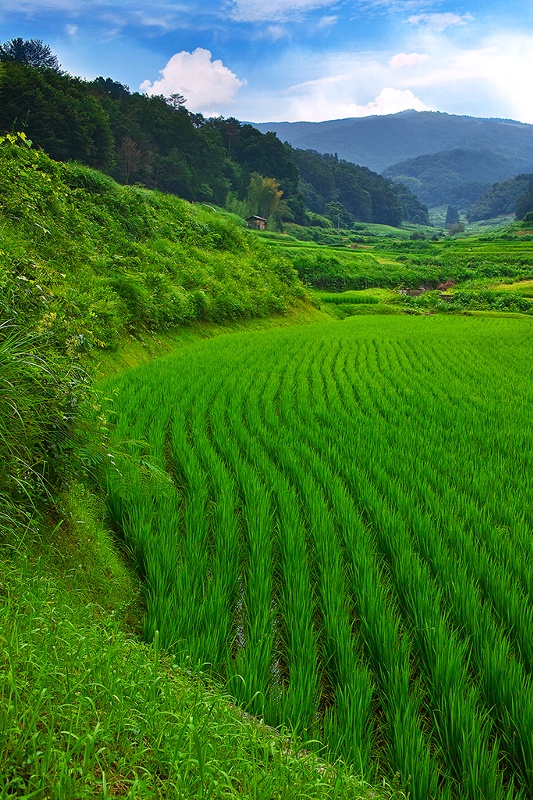
A Pocketful of Poetry Translation

松尾芭蕉『奥の細道』俳文「月日は百代の過客にして」英語訳
Here is the opening part of his most popular travel prose, “Oku no Hosomichi (The Back-country Trails)”. Aesthetic sensitivity here is a little different from other conventional... Read More
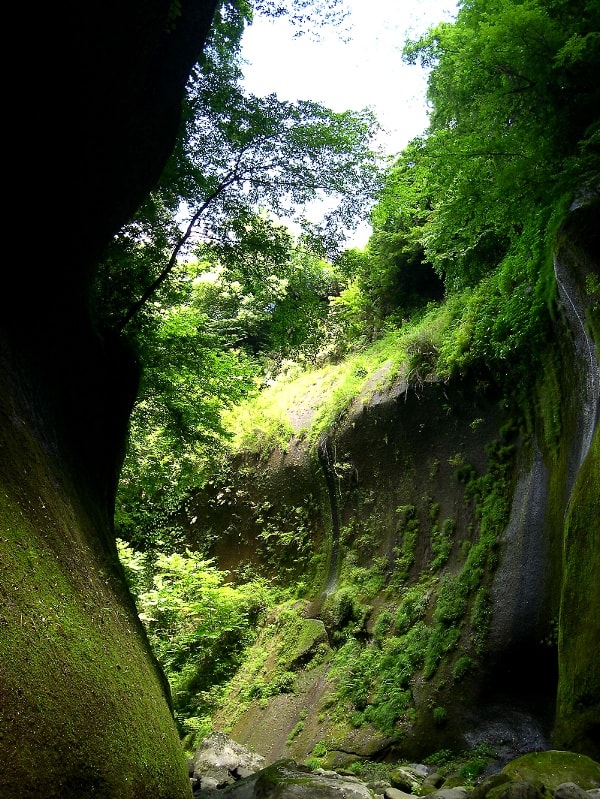
松尾芭蕉『奥の細道』俳句「閑かさや岩にしみ入る蝉の声」英語訳
Matsuo Basho, a haiku master in the 17th century, is famous for his travel journal, Oku no Hosomichi (The Back-country Trails). He is arguably the greatest master of all haiku literature. What... Read More
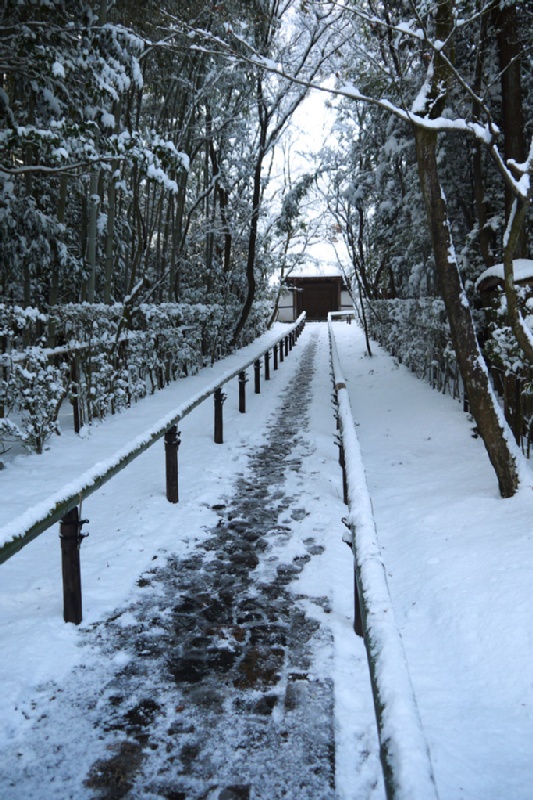
四字熟語(Locutions japonaises)「一期一会」フランス語訳(Traduction fraçaise)
Quand vous parlez des belles personnes que vous avez eu la chance de rencontrer dans votre vie ou des moments magiques que vous avez vécus, vous peut-être entendez vos meilleurs amis... Read More
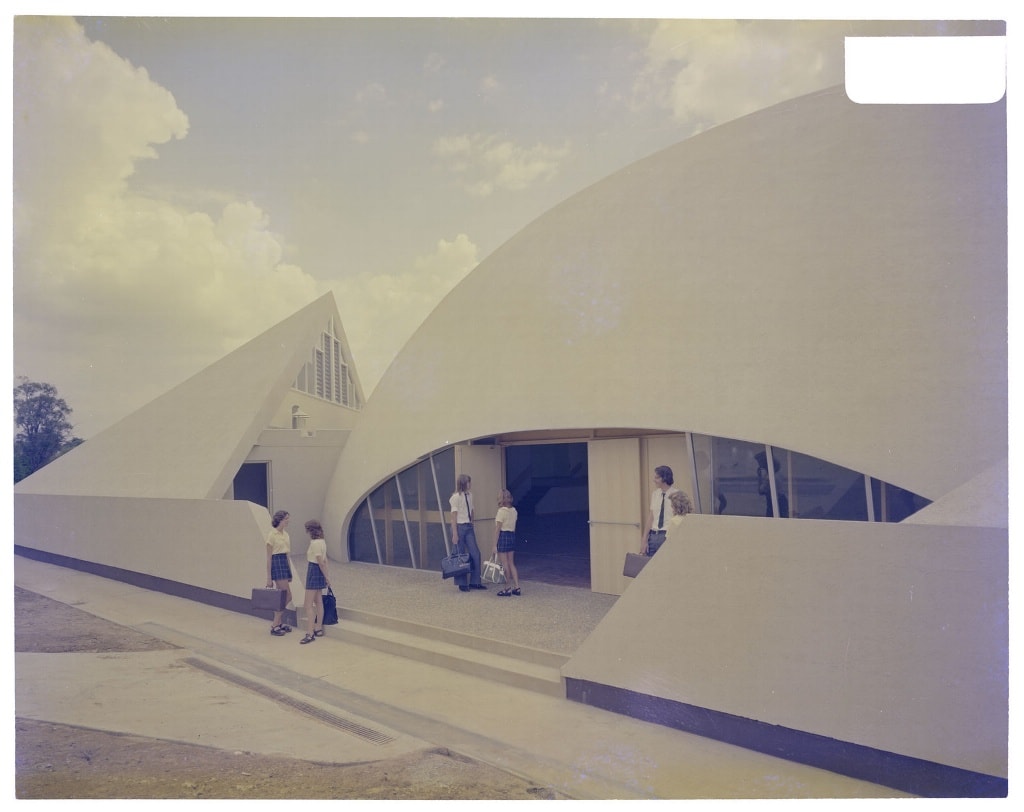
OK. We’ve been kind of obsessed about thinking of “trial and error” and “blow away the cobwebs” – hitting a plateau and holding your head high. Thinking of {Read more…} “This is Not A Test”

You had a hard time and things didn’t go right, so you’ve changed your mind, blew away the cobwebs and started something in a fresh state of mind, then {Read more…} “Blow Away the Cobwebs”
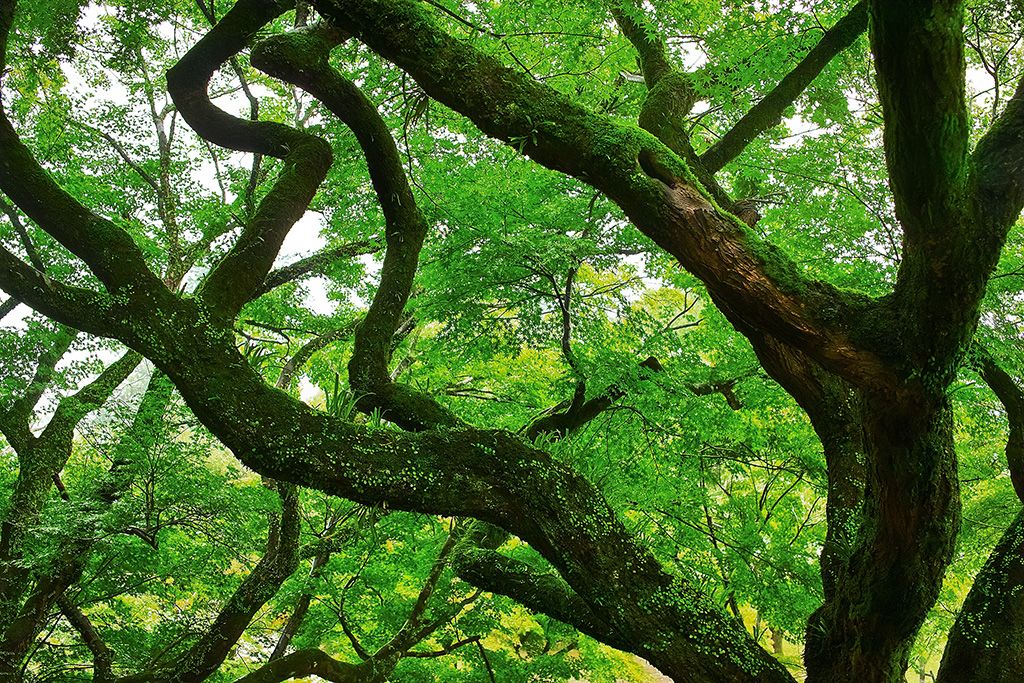
When you are asked if you have any secrets to learn languages and how you have learned them but you cann’t put your finger on something because you {Read more…} “Trial and Error”

What is interesting about onomatopoeic words is 1) a link between pronunciation and its meaning connotation, 2) repetitiveness. In this post let me {Read more…} “Onomatopoeia Chi: smallness and snappiness”
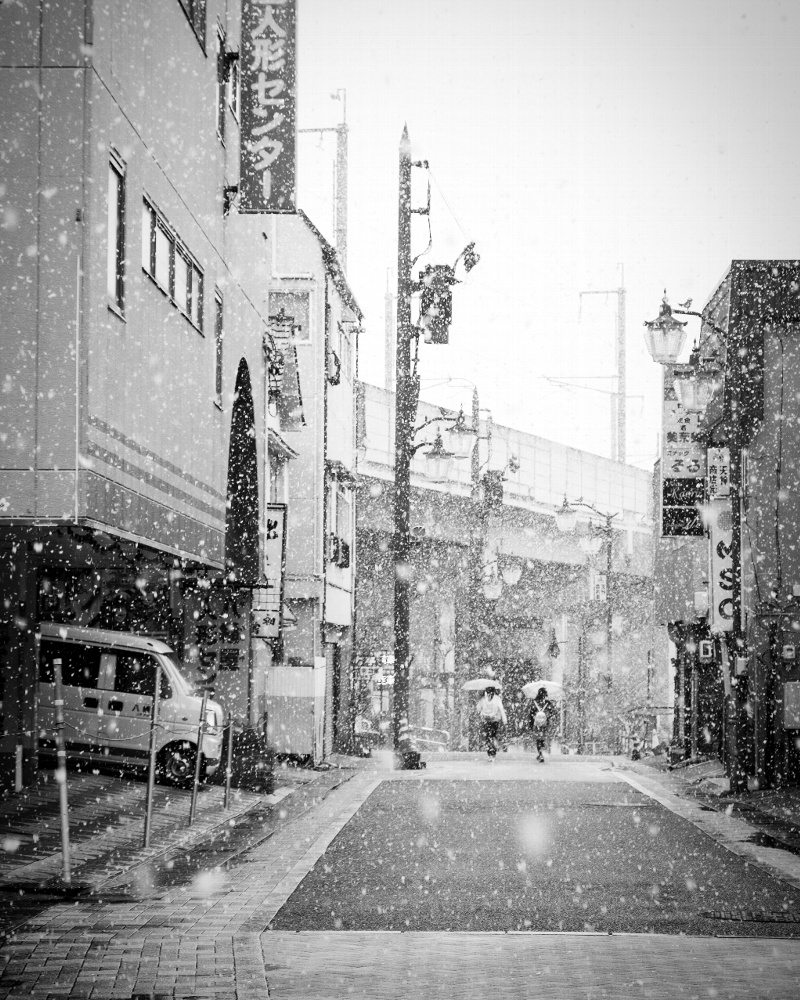
We gave a thought to the cycle of birth and death in reading a text by Kamo no Tchomay. Let me give you a modern counterpart – from Scotland! {Read more…} “The Fox In The Snow”
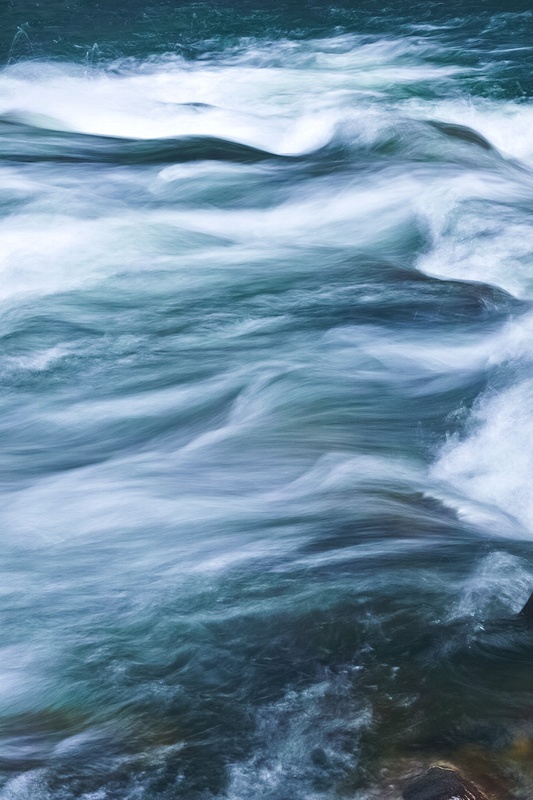
鴨長明『方丈記』「行く河の流れは絶えずして、しかも、もとの水にあらず」英語訳
With its variability and frailty, what do you compare life to? Let’s look into the opening of “Diary from a Cabin” by Kamo no Tchomay, which is one of the most famous prose in Japanese literature.
気まぐれではかない人生、何になぞらえてみたらいいのか?日本文学の中で最も有名な散文の一つである、鴨長明の「方丈記」の冒頭を考えてみましょう。
行く河の流れは絶えずして、しかも、もとの水にあらず。淀みに浮かぶうたかたは、かつ消え、かつ結びて、久しくとどまりたる例なし。世の中にある、人と栖と、またかくのごとし。・・・朝に死に、夕べに生まるるならひ、ただ、水の泡にぞ似たりける。
Rivers never cease to flow and never stay the same. Even where the water looks stagnant, the bubbles rise, form and disappear with no exception. Nothing stays the same even in human society – man and his home… One is to die in the morning. Another is to be born in the evening. Everything is in an ever-changing flow of birth and death.
– Kamo no Tchomay Diary from a Cabin河の流れは止まることがない。そのうえ、滔々と流れ来る水によって、もとのままでいることもない。淀みであっても、水の泡が浮かんでは消えていく。決して一所に留まることはない。人の世であっても、変化は絶え間ないものだ。[中略]朝に誰かが亡くなったかと思うと、夕べにはまた誰かが生まれてくる。この世のことわりは、水の泡によく似ている。
鴨長明『方丈記』「行く河の流れは絶えずして、しかも、もとの水にあらず」英語訳
“
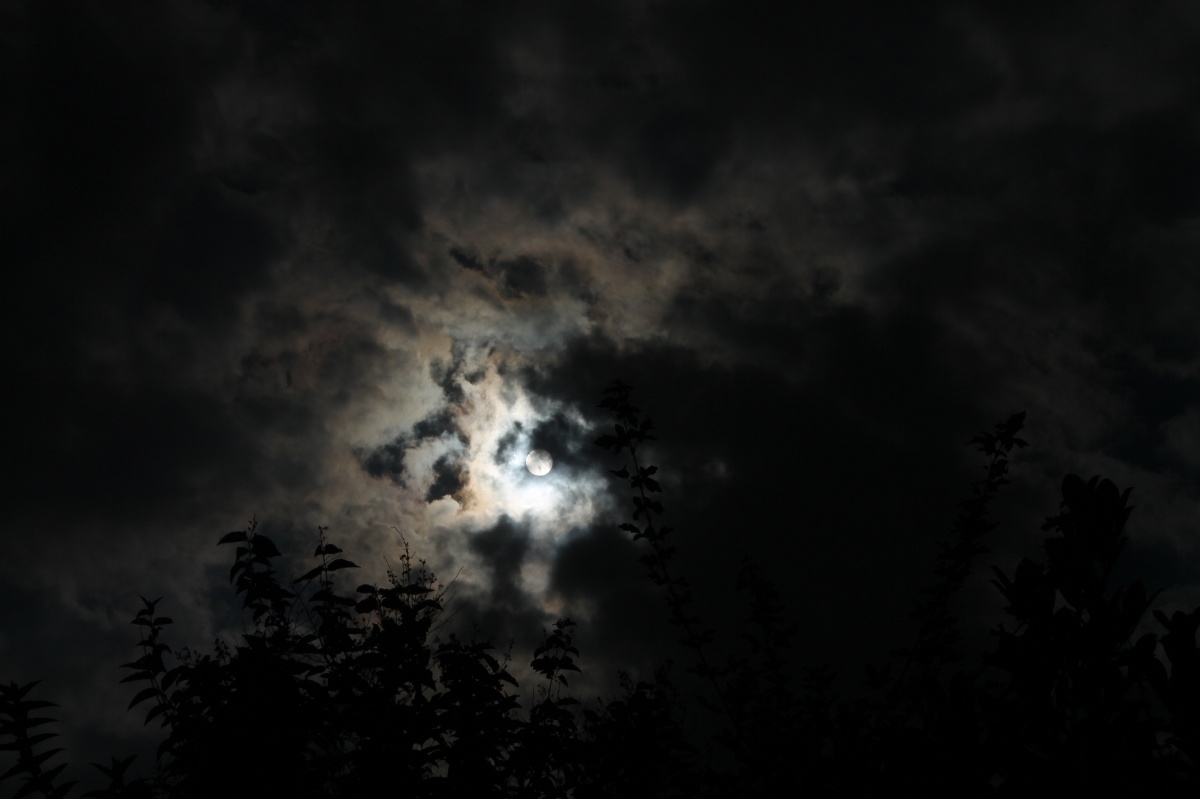
兼好『徒然草』「花は盛りに、月は隈なきをのみ見るものかは」英語訳
Why is it that your heart throbs to see the clouds covering the moon, the withered flowers on the... Read More